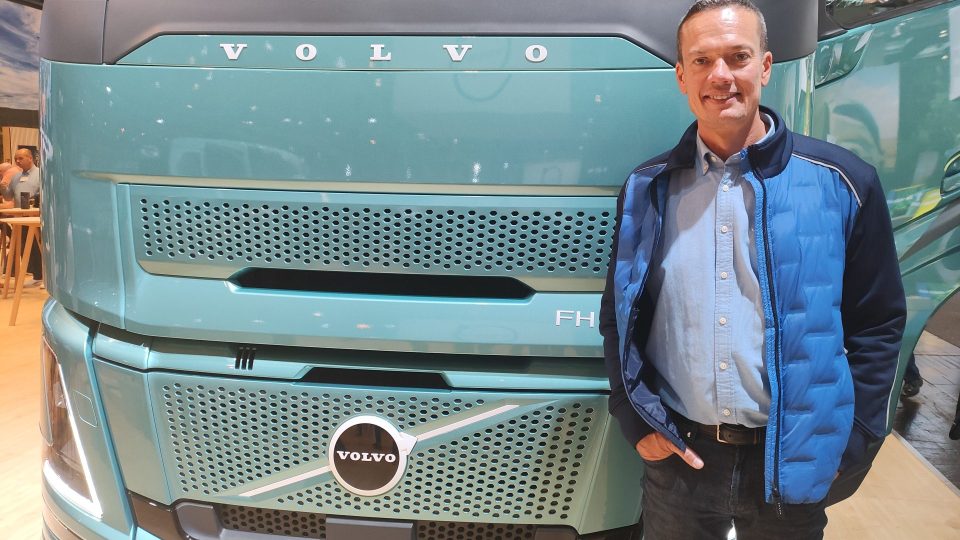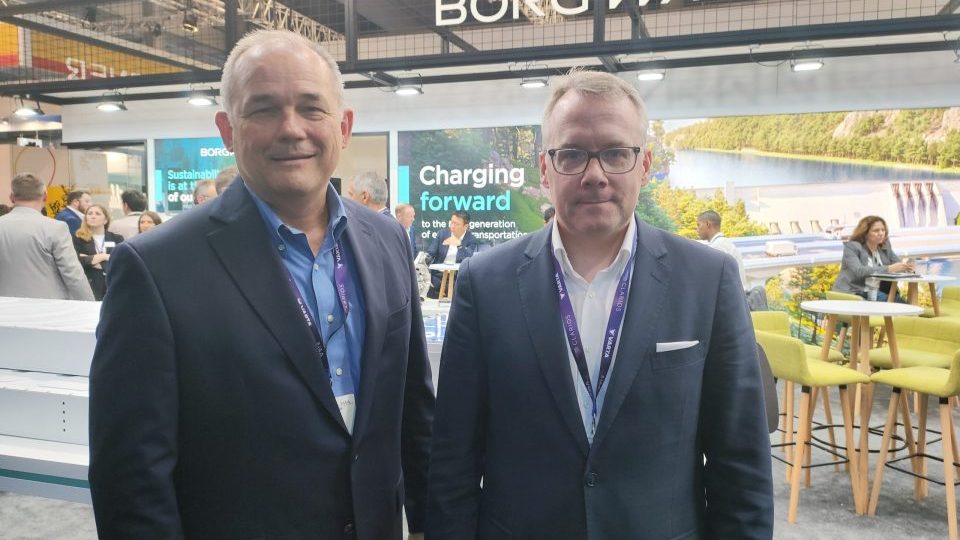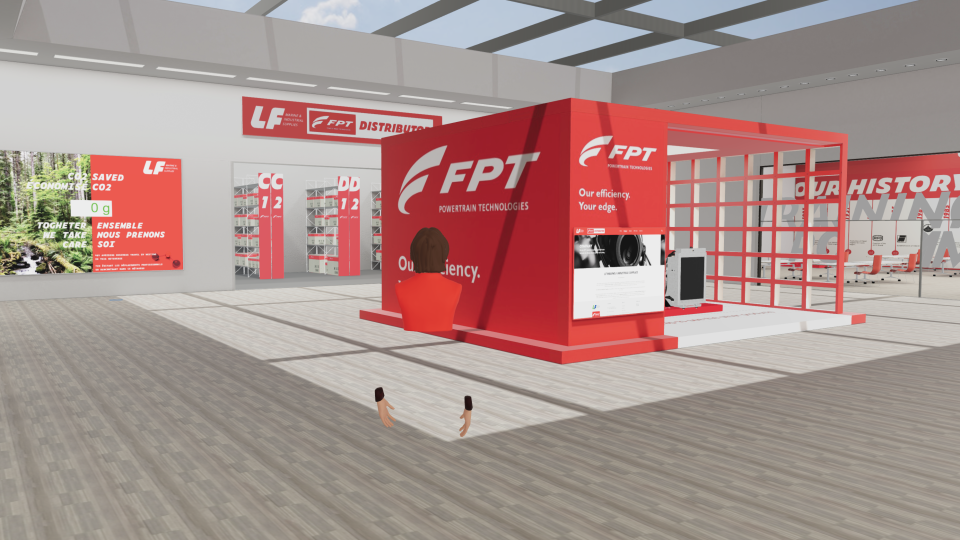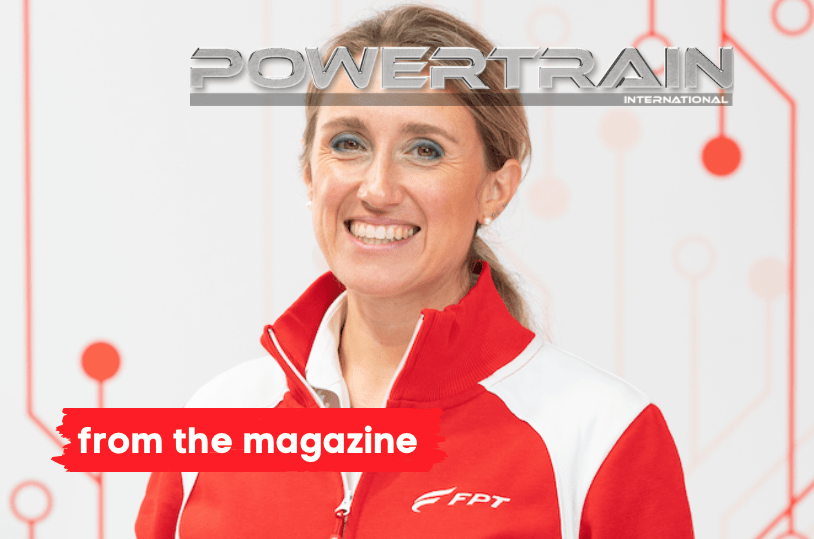MAN Engines still believes in ICEs. Our interview with Reiner Roessner, Head of Sales
For the latest issue of Powertrain, we have interviewed Reiner Roessner, Head of Sales at MAN Engines. It was a long talk, our cover story, dealing with several topics and hot issues when it comes to engine manufacturing and the overall Group’s strategy.
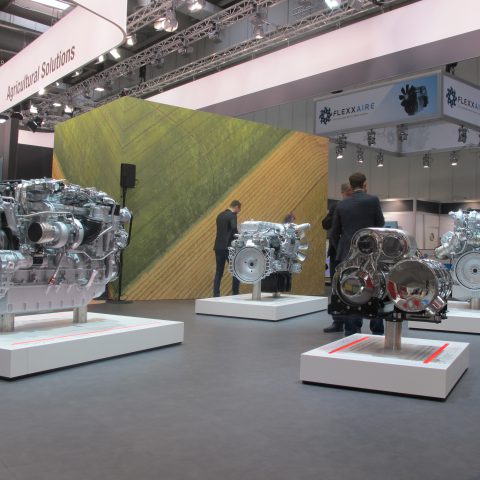
For the latest issue of Powertrain, we have interviewed Reiner Roessner, Head of Sales at MAN Engines. It was a long talk, our cover story, dealing with several topics and hot issues when it comes to engine manufacturing and the overall Group’s strategy. Starting from the current affairs, that is to say the need to face the pandemic outbreak. «We stopped our production from the end of March until the end of April 2020, but due to pre-production until closing we were able to support our customers with their demands. After the closing, we quickly catched up and had a production until the end of the year just 9% below our original 2020 target. We continuously adapt our Covid-19 measures in all our factories and so far are very successful, because we have no major impact based on Covid-19. We closely monitor and support our suppliers to make it able for them supplying our parts. These monitoring measures include e.g. national restrictions, the production and transport situations as well as the trend how suppliers develop», said Roessner.
The following is an excerpt of the full interview available at page 28 of Powertrain 3/21.
A broader vision: the TRATON Group
MAN is still strictly linked to trucks and buses, yet it is part of the trilogy of leisure boats over 80 feet (along with MTU and Cat), it is a main character onto stage of powerful farming machinery (see AGCO’s and Claas’ harvesters and tractors), and it is a must in CHP. How do these prospects combine? Let’s start with the captive flag, the one that runs on roads all around the world, under the aegis of TRATON, which encompasses the truck essence of VW Wolfsburg: MAN, Scania, Volkswagen commercial vehicles, the Southamerican network, the partnerships with Navistar, Sinotruck and Hino, as well as RIO. «The TRATON Group is one of the leading manufacturers of commercial vehicles worldwide», Roessner said. «The RIO brand provides a growing portfolio of digital services and solutions. Due to this combined knowledge of premium truck manufacturers, we have a highly modern drivetrain within the TRATON Group. We from MAN Engines profit from this knowledge of built engines for trucks and buses and the integration in automotive processes of the mother company. This includes high economies of scale in purchasing, since engines business profits extremely from volume effects. Therefore, we can offer our clients reliable products with focus on low fuel consumption and a large service network for spare parts all over the world. That all makes us different from our competitors».
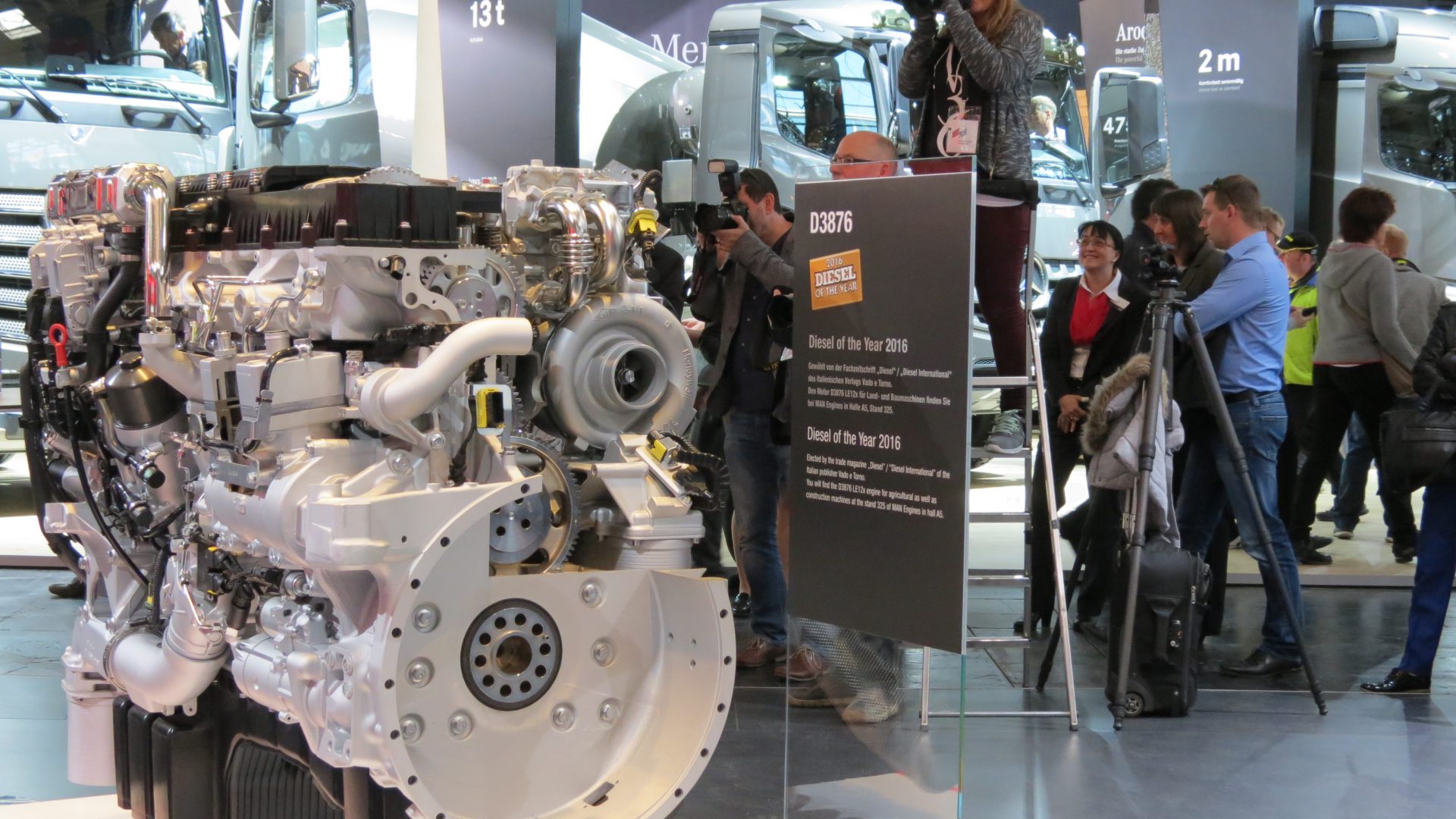
Reiner Roessner: «A great advantage for MAN Engines to be part of the VW Group»
Because the ‘mother of all applications milieu’ is there, and is the road, from there, in steps, injection systems are balanced, such as superchargers, air and liquid filtration, MEP (Mean Effective Pressure) and so on. We know that the volume of free market engines is more or less equally balanced (PG, NRMM, Marine applications) plus minus 5 percent over the last years. Before embarking on machines, it is best to address the inescapable and thorny issue of electrification: a risky gamble or a one-way path to follow as soon as possible? Could MAN Engines draw on the VW group’s capital of four wheels’ expertise? The electrification of ICE cars is rising up, as the Up and Golf are proof of this, the ID.4 being the symbol of the VW electrification strategy. The Lion’s City E is the answer among city buses, including the CNG hybrid declination. «With all that know-how within the Volkswagen Group as well as in the MAN Truck & Bus company MAN Engines (as a business unit of MAN Truck & Bus) is well prepared for all possible developments», Roessner explained. «Already in the past many developments of engine technology or exhaust aftertreatment systems were based on the know-how and experience from the mother company of MAN Engines. Using well-engineered and proofed components and modifying them for the specific application is one of the USP of MAN Engines. At the end, it is a very big advantage for us to be part of the Volkswagen group and the electrification in this big company».
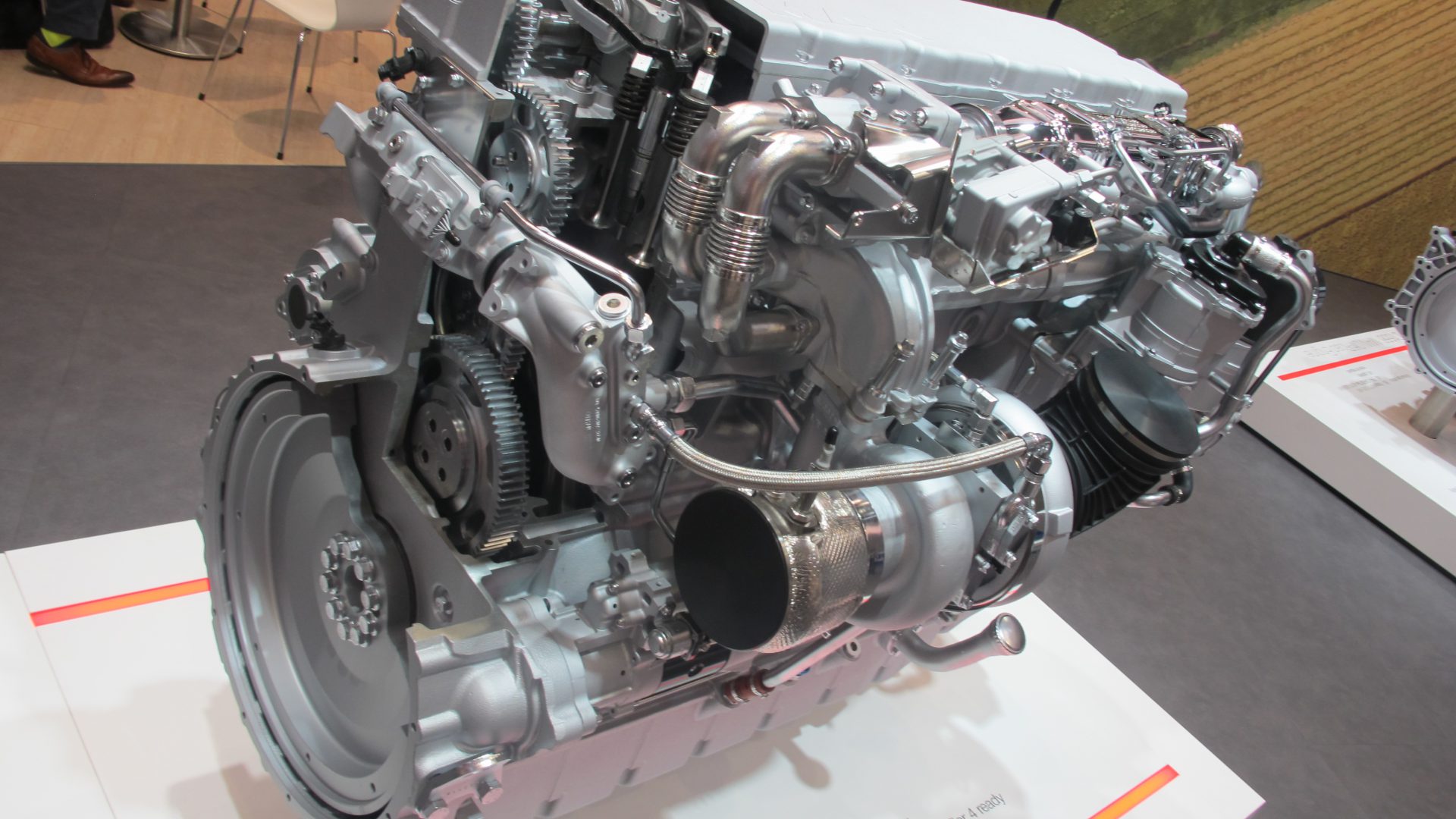
«MAN is testing both the use of a fuel cell and an H2 combustion engine»
To be honest, it’s not just a matter of know-how. Infrastructure and battery autonomy, for example, are on the agenda of policy makers, who are expanding the green horizon to accelerate fuel cells improvement. Simple marketing leverage or can we really expect the first hydrogen applications around 2025? We know that this is a hot topic, and indeed, the first approach is quite generic, «apart from the rapid development of battery technology, hydrogen (H2) is a good complementary option as an alternative fuel for long-distance transport, which is why MAN Truck & Bus is now presenting its R&D roadmap for this. According to this, prototype vehicles are to be built this year in line with the currently ongoing development projects». And the key announcement comes at the end: «MAN is testing both the use of a fuel cell and an H2 combustion engine». Biofuels are another exciting topic, also on the EU’s agenda. While the massive adoption of biomasses is no longer on the agenda, synthetic fuels are very popular, at least in the Northern Europe, especially in Scandinavian countries. In Germany, the focus is on Power-to-X. Not too far from here, in Friedrichshafen, and even here, that is, in and around Munich, as Roessner comments: «Biofuels are used in our vehicles, are compatible with our engines and help reduce global CO2 emissions. We are ready to adapt our products for future power-to-X fuels».




